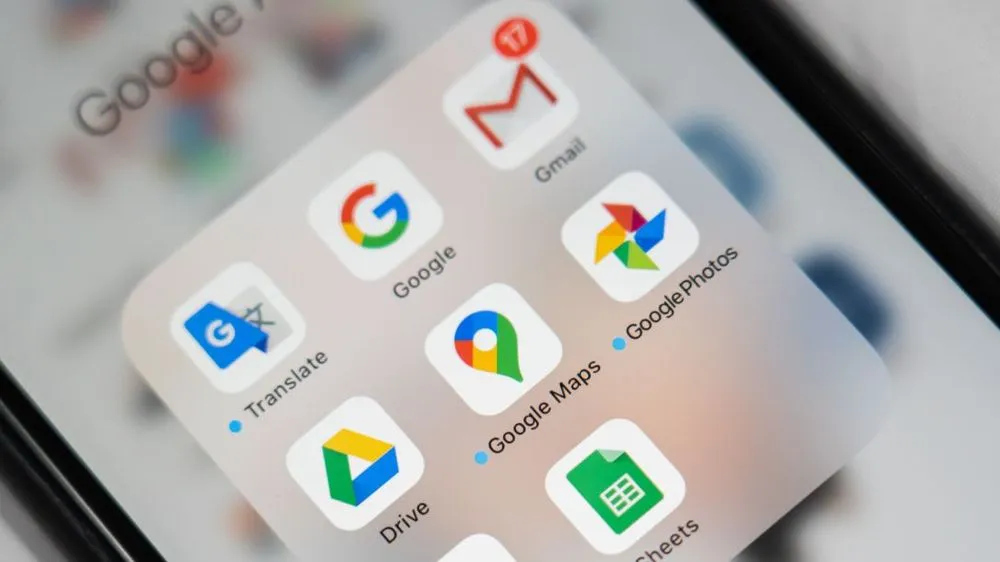Google to pay nearly $400 million over deceptive location tracking practices
Google has agreed to pay a $391.5 million settlement with 40 states over revelations that it continued to track users' locations even when told explicitly not to.
The lawsuit was led by Oregon Attorney General Ellen Rosenblum and Nebraska Attorney General Doug Peterson following revelations in a 2018 Associated Press report about the company's location tracking.
The AP found that Google misled users into believing they could turn location tracking off within their account settings when in fact the company continued to collect location information within its Web & App Activity feature, which is automatically turned on when a user creates a Google account or uses an Android phone.
“For years Google has prioritized profit over their users’ privacy,” Rosenblum said. “They have been crafty and deceptive. Consumers thought they had turned off their location tracking features on Google, but the company continued to secretly record their movements and use that information for advertisers.”
Several states will receive a sizable cut of the settlement, including $14.8 million for Oregon and more than $11.8 for Nebraska. Peterson and Rosenblum noted that this is the largest attorney general-led consumer privacy settlement ever.
In addition to the financial settlement, Google agreed to “significantly improve its location tracking disclosures and user controls starting in 2023,” according to Rosenblum’s office.
“Consistent with improvements we've made in recent years, we have settled this investigation which was based on outdated product policies that we changed years ago," Google said in a statement to The Record.
The tech giant brought in $54.48 billion in advertising revenue during Q3 2022. Google transmits targeted ads based on your location and builds user profiles in order to tailor advertisements.
The settlement agreement said that Google violated numerous state consumer protection laws through this feature since at least 2014.
As part of the settlement, the company will have to provide users detailed information on what type of location data Google is tracking. Users will also be informed of how to delete collected data, and the company must set limits on how long it can retain data.
A Google spokesperson said the investigation is "based on outdated product policies that we changed years ago" and directed The Record to a page explaining different measures being taken to address the issues raised in the settlement.
“Location data is among the most sensitive and valuable personal information Google collects, and there are so many reasons why a consumer may opt-out of tracking,” said Connecticut Attorney General William Tong.
“Our investigation found that Google continued to collect this personal information even after consumers told them not to. That is an unacceptable invasion of consumer privacy, and a violation of state law. People deserve to have greater control over—and understanding of—how their data is being used.”
The states of Arizona, Indiana and Texas, as well as Washington, D.C., have brought their own lawsuits against the company over privacy violations. The company settled with Arizona in October for $85 million.
Rosenblum added that the settlement was further proof that a federal privacy law was needed in order to protect users from tech giants deploying the kind of tactics Google was using.
“Until we have comprehensive privacy laws, companies will continue to compile large amounts of our personal data for marketing purposes with few controls,” Rosenblum explained.
Jonathan Greig
is a Breaking News Reporter at Recorded Future News. Jonathan has worked across the globe as a journalist since 2014. Before moving back to New York City, he worked for news outlets in South Africa, Jordan and Cambodia. He previously covered cybersecurity at ZDNet and TechRepublic.



